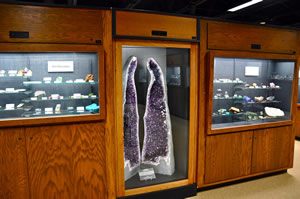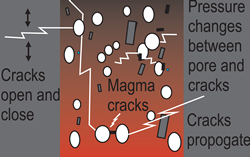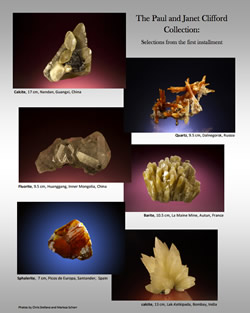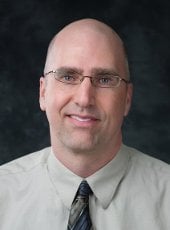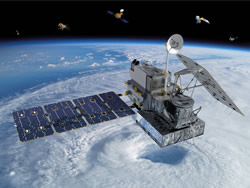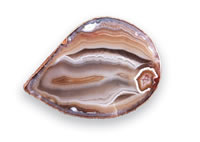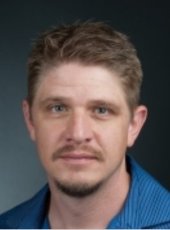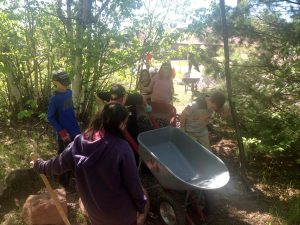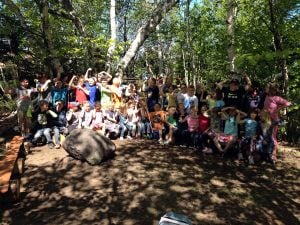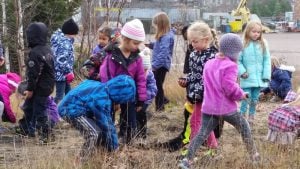
Snehamoy Chatterjee (GMES/EPSSI) is the principal investigator on a project that has received a $127,810 research and development grant from NASA. Thomas Oommen (GMES) is the Co-PI on the project “Minerals and Rock Type Mapping Using Airborne Visible/Infrared Imaging Spectrometer-Next Generation (AVIRIS-NG) Data.” This is a one and a half year project.
By Sponsored Programs.
